For almost five years now I have been speaking and training about social media marketing to travel and hospitality brands. And when we get to discuss and debate about online reputation management, there is one question that invariably pops up: should we respond to every review on TripAdvisor?
By extension, this is pretty similar dilemma to “should we answer every comment left on our Facebook page”, even though one might expect more comments and questions on a daily basis for a dynamic Facebook page, compared to TripAdvisor, Yelp or other popular review sites.
Did you know that only 36% of hotels respond to comments and reviews on sites such as Expedia, Booking, TripAdvisor or Yelp? Or that less than 30% or companies active on social media (Facebook, Twitter) respond to comments and questions?
No wonder we still get pleasantly surprised whenever a company answers a comment or review, since it remains an exception, not the norm.
Read All, Respond Selectively
A recent report from Cornell University actually demonstrates that, indeed, it pays to respond to reviews but only up to a certain point. In Hotel Performance Impact of Socially Engaging with Consumers, it was proven that hotel revenue levels rise as the number of management responses to online reviews increases.
Yet, after an approximate 40% response rate, there seems to be a point of diminishing returns, meaning even if you answer more reviews, there won’t be a positive impact. In fact, the contrary may occur, as odd as this may seem!
According to one of the authors of this research, Chris K. Robinson, cited in a Skift article: “It turns out that making too many responses is worse than offering no response at all, in terms of both ratings and revenue,” said Anderson. “So, managers should focus on making constructive responses to negative reviews rather than simply acknowledging positive comments.”
This echoes a similar recommendation made by Revinate, in terms of how often hotels, restaurants and attractions should answer on review sites:
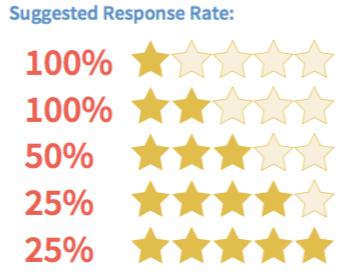
According to this rule of thumb, organizations should absolutely answer every 1- and 2-star reviews. While they make up less than 10% of all reviews in general to begin with, they are the ones that hold the highest negative potential for your brand.
3-star ratings should be answered at least 50% of the time – personally, I tell my clients to answer them all, because I consider a 3-star review to be sub-par and detrimental to any high-rating goal.
As for 4- and 5-star ratings, as we’re seeing with this recent Cornell study, you want to answer selectively, maybe one out of every four or five, depending on the nature of the comment itself.
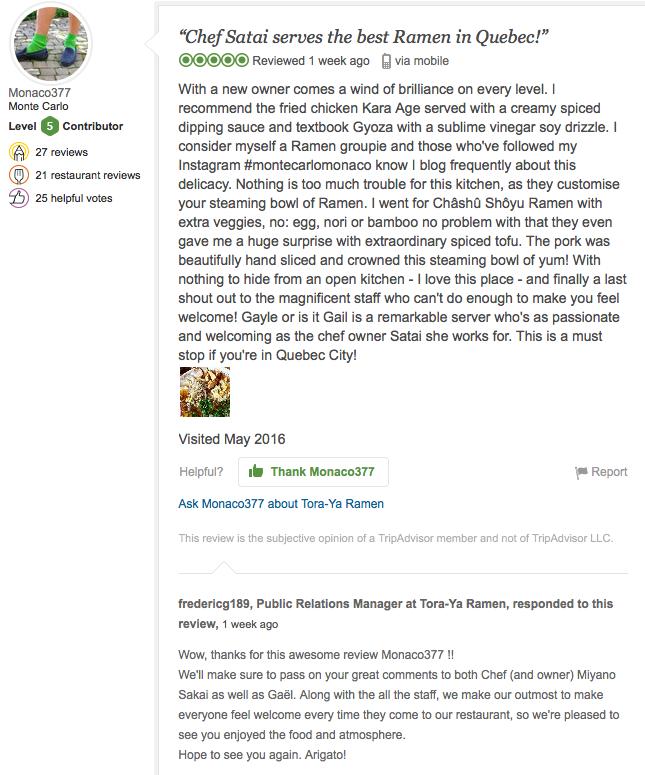
Acknowledge The Comment
On key social media, it’s sad to see how little interaction there is between travel brands and their community. Too often, we see hotels or restaurants publishing infrequently, or with overtly repetitive promotional content. And whenever I see a user comment or question that was never answered, it begs the question: who is handling the account? Would we leave a customer unattended at the hotel lobby?
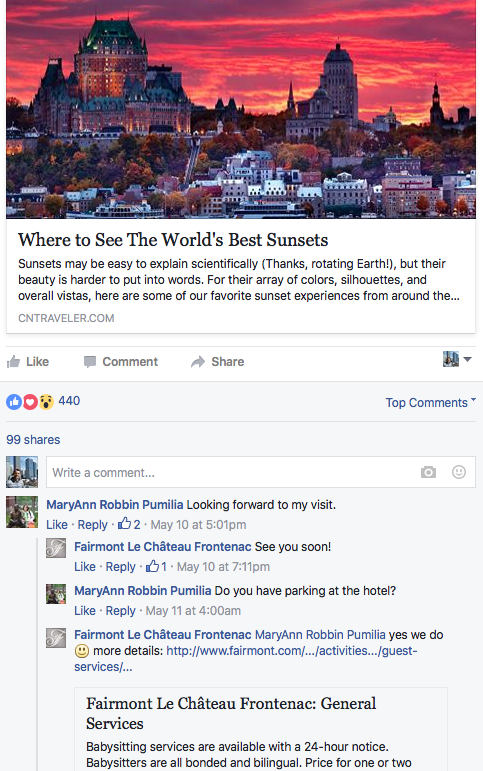
The biggest challenge for most organizations, specially mom & pop shops, small inns or independent hotels, is finding the time to manage it all. So on Facebook, why not simply “like” a comment when someone raves about their experience, or mentions your brand in a post?
If they post a 4- or 5-star review or make explicit positive remarks about your product, why not simply thank them for taking the time to share this? As we often say, a little “thank you” goes a long way…
One last thing: if you find it difficult or near impossible to respond to all comments and reviews on TripAdvisor, Yelp, Expedia, Facebook, Twitter, Instagram, Pinterest, Google Reviews and… well, perhaps it’s time to revisit your priorities and identify which platforms are most important, in order to manage a few properly, rather than many badly!
Do you answer every comment and question or do you have a policy in place for reviews? I’d be curious to hear your thoughts in the comment section below.
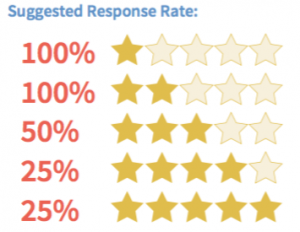

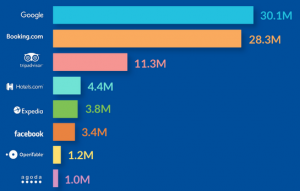
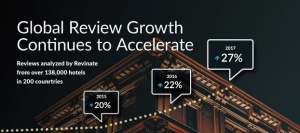






Leave a Reply